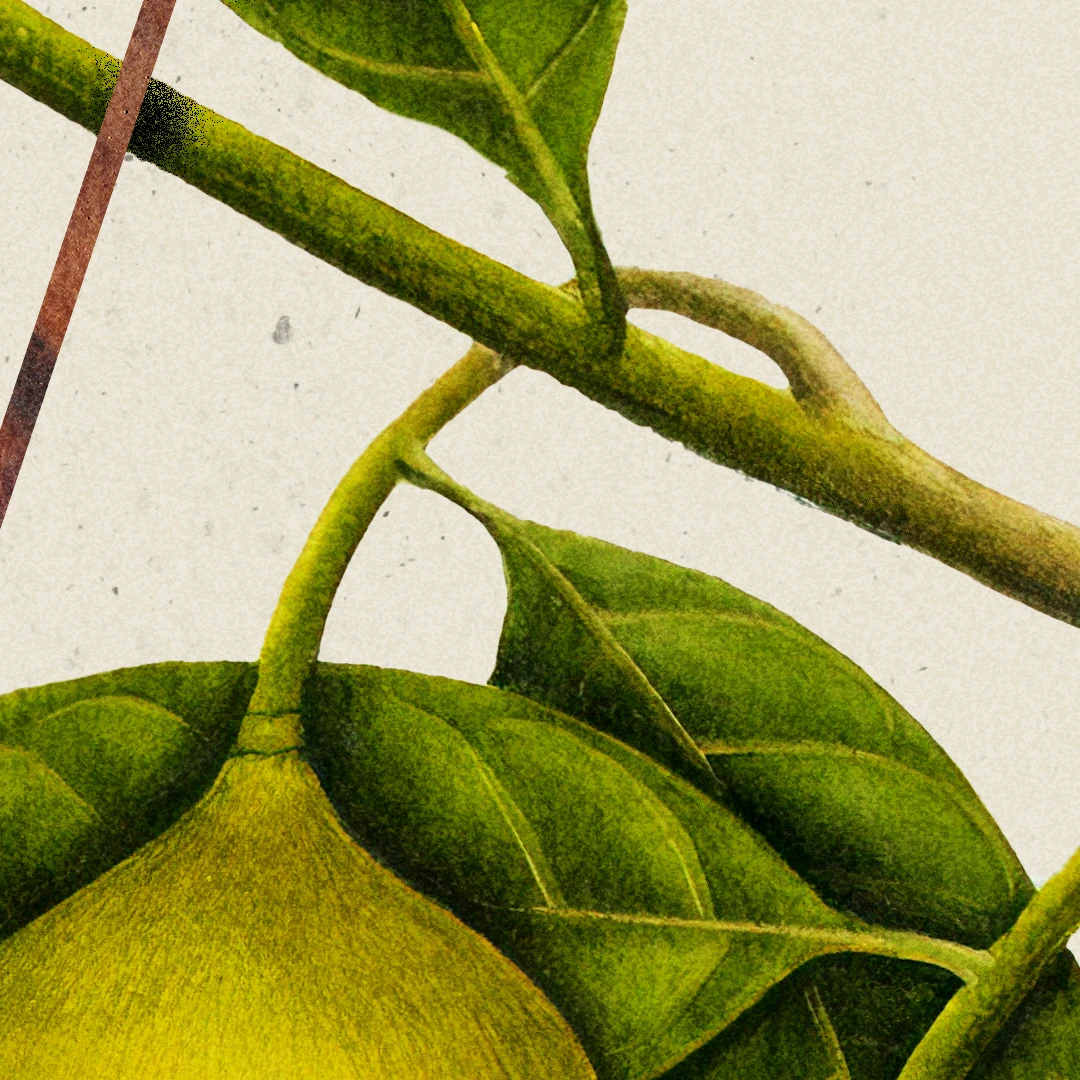Waiting on God

The prophet Habakkuk was sorely distressed. His misery was provoked by the spectacle of the threat of the pagan nation of Babylon against Judah. To this prophet it was unthinkable that God would use an evil nation against His own people; after all, Habakkuk mused, “God is too holy even to look upon evil.” So the prophet protested by mounting his watchtower and demanding an answer from God:
And the Lord answered me: “Write the vision; make it plain on tablets, so he may run who reads it. For still the vision awaits its appointed time; it hastens to the end—it will not lie. If it seems slow, wait for it; it will surely come; it will not delay. Behold, his soul is puffed up; it is not upright within him, but the righteous shall live by his faith.” (Hab. 2:2–4)
The final words of this utterance, “the righteous shall live by faith,” are cited three times in the New Testament by the familiar words, “the just shall live by faith.” In this phrase, “faith” refers to “trust in God.” It involves trusting in the future promises of God and waiting for their fulfillment. The promise to Habakkuk is one of just thousands given by God in Scripture to His people. Such promises characteristically come with the admonition that though they tarry, we must wait for them.
Waiting for God is at the heart of living by faith. The Christian does not share the cynical skepticism dramatized by the theatrical production Waiting for Godot. The end of Christian hope is never shame or embarrassment, because we have a hope that is a sure anchor for our souls. It is this hope in the trustworthy promises of God that is the ground of the Christian’s virtue of patience.
Waiting for God is at the heart of living by faith.
We are told that we live in a culture that is consumed by consumerism. Madison Avenue daily feeds our instant gratification, which is not merely a weakness; it is an addiction in our time. The epidemic of credit-card indebtedness bears witness to this malady. We want our luxuries, our pleasures, and our niceties, and we want them now. The antiquated virtue by which stewardship capitalism had its impetus was the principle of “delayed gratification.” One postponed immediate consumption in favor of investing for future growth. By that principle, many prospered—but not without the necessary exercise of patience.
When the Bible speaks of patience, particularly as one of the fruits of the Spirit, and as one of the characteristics of love, it speaks of it as a virtue that goes far beyond the mere ability to await some future gain. It involves more than the rest or peace of the soul that trusts in God’s perfect timing. The patience that is in view here focuses more on interpersonal relationships with other people. It is the patience of longsuffering and of forbearing in the midst of personal injury. This is the most difficult patience of all. When we are injured by others, we long for vindication, a vindication that is speedy. We fear that the axiom “justice delayed is justice denied” will work its havoc in our souls. The parable of the unjust judge speaks eloquently to this human struggle, when our Lord asks rhetorically: “Will not God give justice to His elect, who cry to Him day and night?” The parable that calls us not to faint in times of trial ends with the haunting question: “When the Son of Man comes, will He find faith on earth?” The parable ties together patience and faith. If we look at the triad of virtues underscored in the New Testament—faith, hope, and love—we see that each one of these virtues contains within it the necessary ingredient of patience. Paul tells us in 1 Corinthians 13 that love suffers long. This longsuffering, forbearing patience is to be the Christian’s reflection of the character of God. It is part of God’s character to be slow to anger and quick to be merciful. Part of the incomprehensibility of God in terms of my own relationship with Him is this: I cannot fathom how a holy God has been able to put up with me marring His creation to the degree I have for three score and five years. For me to live another day requires a continuation of God’s gracious patience with my sin. The bare and simple question is this, “How can He put up with me?” The mystery is compounded when we add to the patience of God not only His patience with me but His patience with you, and you, and you, and you—multiplied exponentially throughout the whole world. It becomes even more difficult to fathom when we see a sinless Being being more patient with sinful beings than sinful beings are with each other.
God’s patience is long but not infinite. He warns that there is a border to His longsuffering, which He will not extend. Indeed, He has appointed a day in which He will judge the world, and that day will mark the endpoint of God’s striving with us. It will also mark the day of vindication for His longsuffering saints.
To be sure, a longsuffering patience is one of the most difficult exercises we can achieve. It is subjected to trial everyday. Such trials can eat away at our love, our hope, and our faith. This erosion can leave us broken and embittered. In this regard, we must tie ourselves to the mast and look to the manifold witnesses that Scripture provides of the people of God who endured such trials and tribulations. We look to Job, the classic paragon of patience who cried from the dung-heap: “Though he slay me, I will trust in him.” The patience of Job was merely an outward display of the faith of Job, the hope of Job, and the love of Job.


